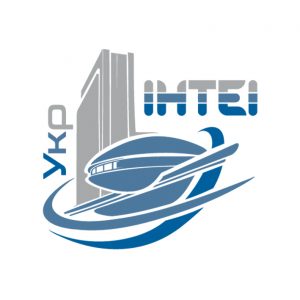REGULATIONS ON THE USE OF ETHICAL PRINCIPLES IN THE ACTIVITIES OF AUTHORS, REVIEWERS AND REPRESENTATIVES OF THE EDITORIAL BOARD
The Editorial Board of journal «Science, Technology, Innovation» follows the recommendations of the Code of Conduct from the Best Practices of the Committee on the Ethics of Publication (Code of conduct and best practice guidelines) Elsevier publishing principles.
Responsibilities of the authors
– ensure that the research results presented in the manuscript are independent and original work
– submit a manuscript to the journal, which is not under consideration in another edition and has not been published. Non-observance of this principle is regarded as a gross violation of the ethics of publications and gives grounds for removing the article from review.
– when using fragments of other people’s works and/or borrowings of the statements of other authors, the article should contain relevant bibliographic references with the obligatory indication of the author and the original source
– excessive borrowing, as well as plagiarism in any form, including decorated quotes, paraphrasing, or the assignment of rights to the results of other people’s research are unethical and unacceptable actions
– guarantee the correct composition of the co-authors of the work. Authorship should be limited to those individuals who have made significant contributions to the concept, execution or interpretation of the study.
– if the author finds inaccuracies or errors in his work at the stage of its consideration in the editorial office or reviewing, he is obliged to inform the editorial board about this to eliminate the deficiencies.
Responsibilities of the reviewers
– the reviewer cannot be the author or co-author of the work under review, as well as the staff of the department in which the author works
– expert assessment should help the author to improve the quality of the text of the article, and the chief editor to decide on the publication
– the reviewer may refuse to consider the study if he believes that his qualification is insufficient for analyzing this work
– the review should be objective and not contain the subjective opinions of the author about the work. The reviewer must express his thoughts clearly and support them with arguments.
– any manuscript received for review is a confidential document and cannot be transferred or negotiated with any other persons without the permission of the chief editor
– The reviewer should pay the editor-in-chief attention to the facts of coincidence with any work published earlier, if there is no reference to the author of the article, which should help in identifying plagiarism
– the reviewer should not use the information from the work submitted to him to meet personal interests, for example, for use in their own research.
Responsibilities of the Editorial Board
– when making a decision on publication, the chief editor is guided by the accuracy of the data presented and the scientific significance of the work
– the chief editor of the journal decides which articles will be published and which will be rejected, therefore he should not be interested in publishing the reviewed materials.
– the chief editor should not allow information to be published if there are enough reasons to believe that this is plagiarism
– the chief editor of the journal can consult with the members of the editorial board and reviewers for a final decision on the publication
– the chief editor and editorial staff should not disclose information from the article submitted to the journal to anyone except the author(s) and potential reviewers
– the chief editor and publisher should not leave unanswered the claims of authors reviewing manuscripts or published materials. In the event of a conflict, they must take the necessary measures to restore the violated rights, and when errors are found, they must facilitate the publication of corrections or refutations.
Approved at the meeting of the Academic Council of the Ukrainian Institute of Scientific and Technical Expertise and Information dated November 21, 2018 (Protocol No. 10).

